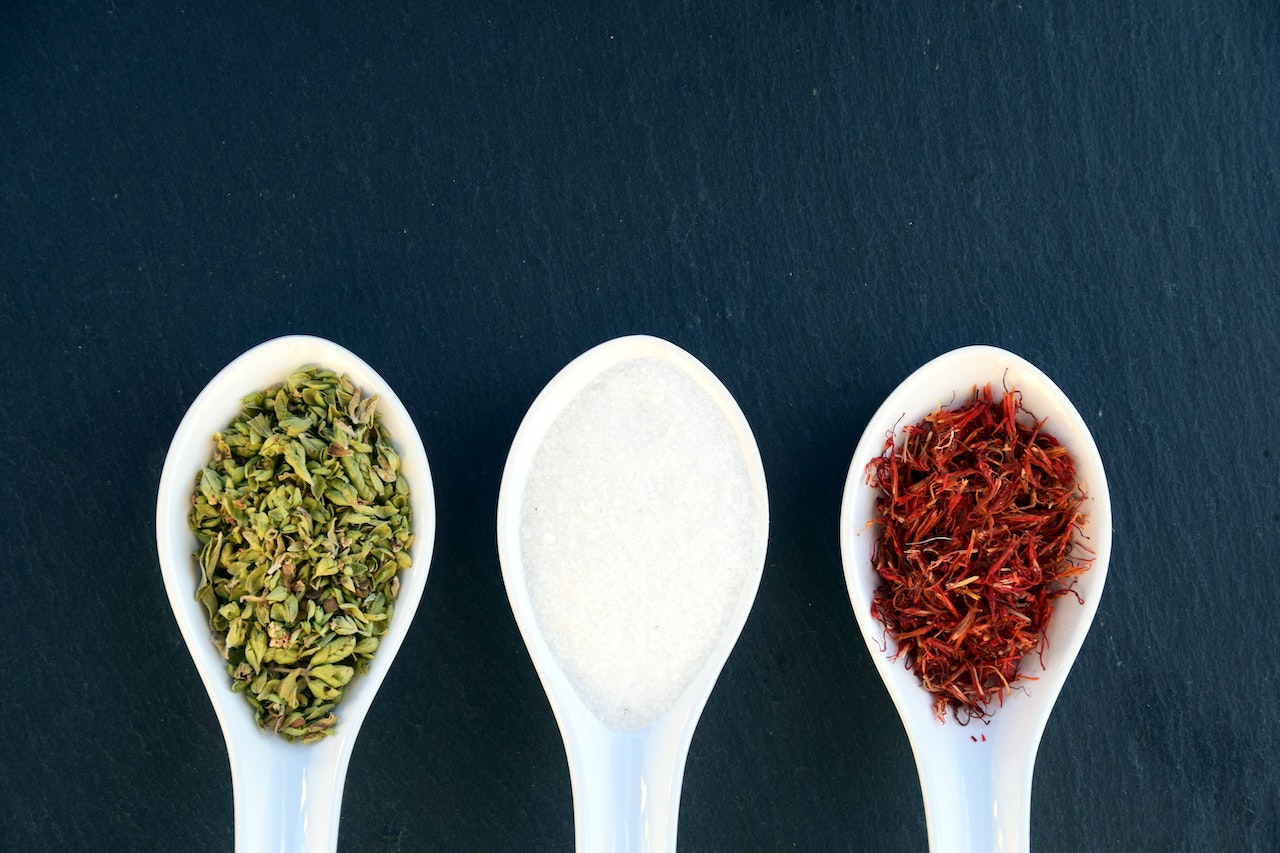
Presenting the 7 of the Most Important Indian Cooking Spices
Indian cuisine is known for its rich and flavorful dishes. Indian cooks often use a variety of spices to create their signature dishes.
Here are seven delicious and essential spices for Indian cooking:
1. Cumin Powder
One of the most important spices for Indian cooking is wonderful cumin. It smells fantastic! Cumin is a staple in many Indian dishes and goes very well with coriander. Don’t just use it in Indian dishes, though; cumin will spice up simple scrambled eggs and add pep to roasted squash. If you buy the seeds, dry roast them before use to bring out the flavour.
2. Garam Masala
Garam Masala is a spice blend made up of various whole spices. These spices are roasted and ground together to create a fine powder. The spices used vary from region to region, but the most common spices used in garam masala include cumin, coriander, cardamom, cloves, and cinnamon.
Garam masala is used in many Indian dishes to add flavour and depth. It is often used as a finishing spice and is sprinkled on top of dishes just before serving.
3. Red Chilli Powder
Red chilli powder is a spice made from dried red chillies. It is used to add colour and spice to dishes. It is a staple ingredient in many Indian dishes and is used to add heat and flavour.
4. Cardamom
There are two types of cardamom used in Indian cooking: green and black. Green cardamom is more common and used for spice mixes, lassis, and Indian desserts. It has a light, sweet flavour with a mild eucalyptus note. To use green cardamom in sweets or desserts, you would open the pod and lightly crush the fragrant black seeds before using.
Black cardamom is a strong, smoky spice that should be used carefully. Usually, only the seeds are used, and if using the whole pod, it’s best to remove it before serving the dish, as it can be very spicy to bite into.
5. Coriander
Cilantro (also called coriander) is a versatile and essential spice in Indian cooking. It’s used in spice mixes, salads, soups, and curries. It has a light, citrusy flavour that is perfect for adding a fresh and bright note to dishes.
To use cilantro in Indian cooking, you would typically chopped the leaves and stem and add them to the dish at the end of cooking.
6. Fenugreek
Fenugreek is a strong, nutty spice that is used in spice mixes, curries, and pickles. It has a slightly bitter flavour and can be used fresh or dried.
To use fenugreek in Indian cooking, you would typically soak the seeds in water for a few hours before using. This will help to soften the bitterness.
7. Mustard Seeds
Mustard seeds are a popular spice in Indian cooking. They are used in spice mixes, curries, and pickles. Mustard seeds have a strong, pungent flavour that is perfect for adding a bit of heat to dishes.
To use mustard seeds in Indian cooking, you would typically fry them in oil until they pop. This will help to release their flavour and make them less spicy.
Conclusion
There are seven delicious and essential spices for Indian cooking. These spices include cumin, garam masala, coriander, cardamom, fenugreek, mustard seeds, and red chilli pepper. Each spice has its own unique flavour and aroma that can elevate any dish. When used together, these spices can create complex and delicious flavour profiles that are essential to Indian cuisine.
Veerji serves a wide range of Indian cuisine, including vegetarian and non-vegetarian alternatives, so that you may choose the perfect option for you. Our recipes are designed to take you to India and satisfy your appetites for the world’s most unique cuisines! Contact us today to enjoy an authentic Indian taste experience or work with us if you’re interested in owning a Punjabi restaurant franchise in British Columbia!




